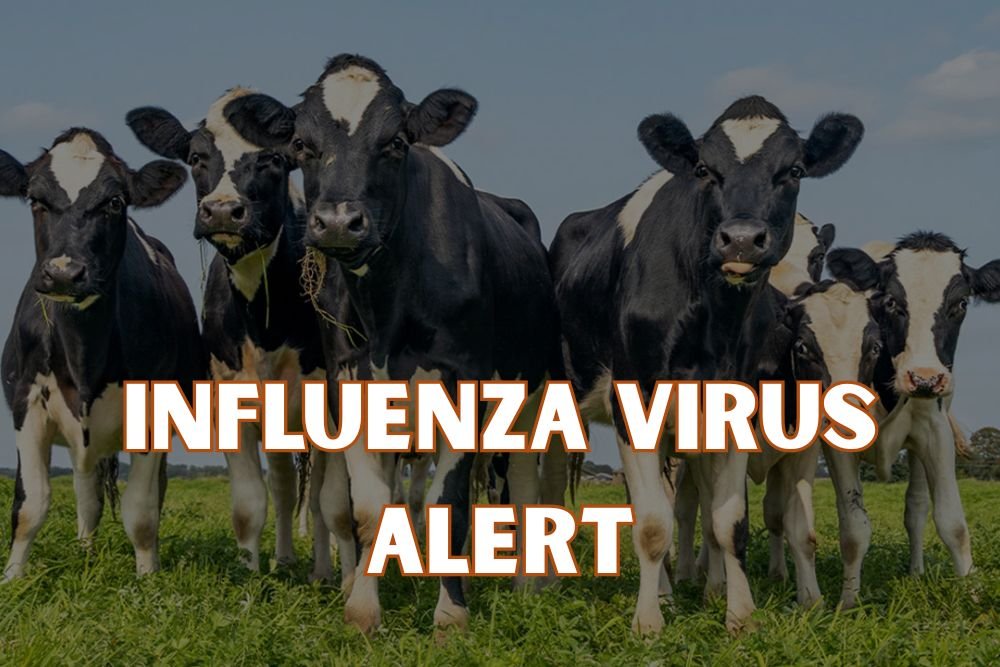University of Minnesota Launches Research Into Influenza Virus Spread in Dairy Cattle

ST. PAUL, MINNESOTA – The Minnesota Board of Animal Health has partnered with the University of Minnesota to lead groundbreaking research on how influenza viruses spread in dairy cattle, as part of a broader effort to safeguard the state’s livestock industry.
Research Efforts Backed by Federal Support
At the board’s meeting on September 11, 2025, officials approved a cooperative agreement with the Animal and Plant Health Inspection Service (APHIS), allocating emergency funds for research initiatives.
Nine distinct projects are being launched under the leadership of University of Minnesota scientists, aiming to uncover how the virus is transmitted among cattle. Researchers will evaluate potential transmission routes, including direct animal contact, contaminated milk, and environmental exposure.
Role of Other Animals and Farm Practices
The studies will also explore whether other farm species such as beef cattle and poultry contribute to the spread of influenza. To gather accurate data, dairy producers are being asked to voluntarily provide samples from previously infected herds, while efforts will be made to limit disruptions to operations.
The board emphasized that insights from these projects could help identify risk factors linked to outbreaks and shape future prevention strategies.
Antibody Research and Herd Immunity
In addition to tracing transmission patterns, researchers are investigating the immune response of cattle exposed to past outbreaks. Preliminary blood tests have revealed a significant presence of antibodies, suggesting that some cows may have developed resistance to reinfection.
These findings could prove essential in guiding the development of effective vaccination programs and expanding knowledge of herd immunity within dairy populations.
Preparing for Future Outbreaks
Though Minnesota has not reported any new influenza-positive dairy herds since last year, officials stressed the importance of ongoing surveillance and proactive research. They noted that future outbreaks, while unwelcome, may provide critical opportunities to collect data and improve disease management strategies.
The board also announced plans to collaborate with immunologists and other research institutions to further assess antibody protection and long-term immunity in dairy herds.
As the research moves forward, Minnesota officials and dairy producers are optimistic that the findings will strengthen the industry’s ability to combat viral threats and ensure the stability of the agricultural sector. For updates on regional agriculture and science, follow ChicagoMusicGuide.com.
